- 👨🏿🚀TC Daily
- Posts
- Bank Misr goes digital
Bank Misr goes digital
Inside: Kenya’s Family Bank posts 39% profit jump.


Happy mid-week. ☀️
Egypt finally gets its first digital bank, "onebank," thanks to Bank Misr. Took long enough.
Fintechs have been hustling for years with wallets, payments and lending apps, but the real prize, a full digital banking licence, was locked behind walls only big players could afford. Now the state’s second-largest bank finally walks in with regulators on its side. Fair game or just the perks of being huge?
Let's get into it.

Banking
Egypt's Bank Misr launches onebank to go digital
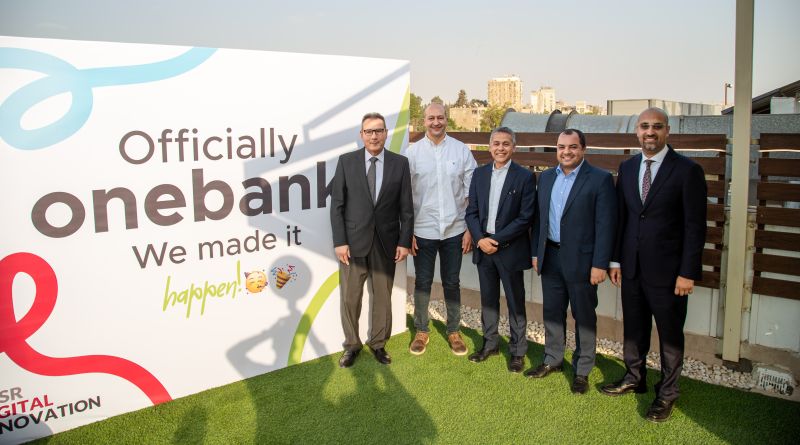
Young Egyptians who live on their phones have long waited for a true digital bank. That is about to change.
On August 17, Bank Misr, Egypt's state-owned commercial bank, secured regulatory approval to rebrand its subsidiary Misr Digital Innovation (MDI) as onebank, the country’s first fully digital bank. onebank is expected to go live in the fourth quarter of 2025.
Egypt already has a lively fintech scene. Payments giant Fawry, digital wallets, and other lending apps have pushed millions into the financial system. The country's financial inclusion rate has jumped to about 70.7% in 2023, up from only 27.4% in 2016. Yet none of these companies became digital banks.
The reason is regulation. Banking licences in Egypt are costly and come with strict capital rules, ranging from EGP2 billion ($42 million) for digital banks to EGP5 billion ($103 million) for traditional banks, which smaller fintechs cannot meet.
The central bank has also been cautious, worried about risks that new “banks” might bring. As a result, fintechs built their businesses by partnering with established banks, offering payments or lending, but lacking licence independence.
onebank changes the equation. With Bank Misr’s size, the second-largest bank by assets, and state backing, it can launch as a digital-only institution while still carrying the credibility regulators demand. This gives it the chance to compete with fintechs on speed and design while offering the full suite of banking services.
The winners could be consumers. A digital bank means faster account opening, easier transfers, and products built for people who rarely visit branches.
If onebank succeeds, it could open the door for more digital banks and push Egypt’s financial system into a new era.
eCommerce Without Borders: Get Paid Faster Worldwide
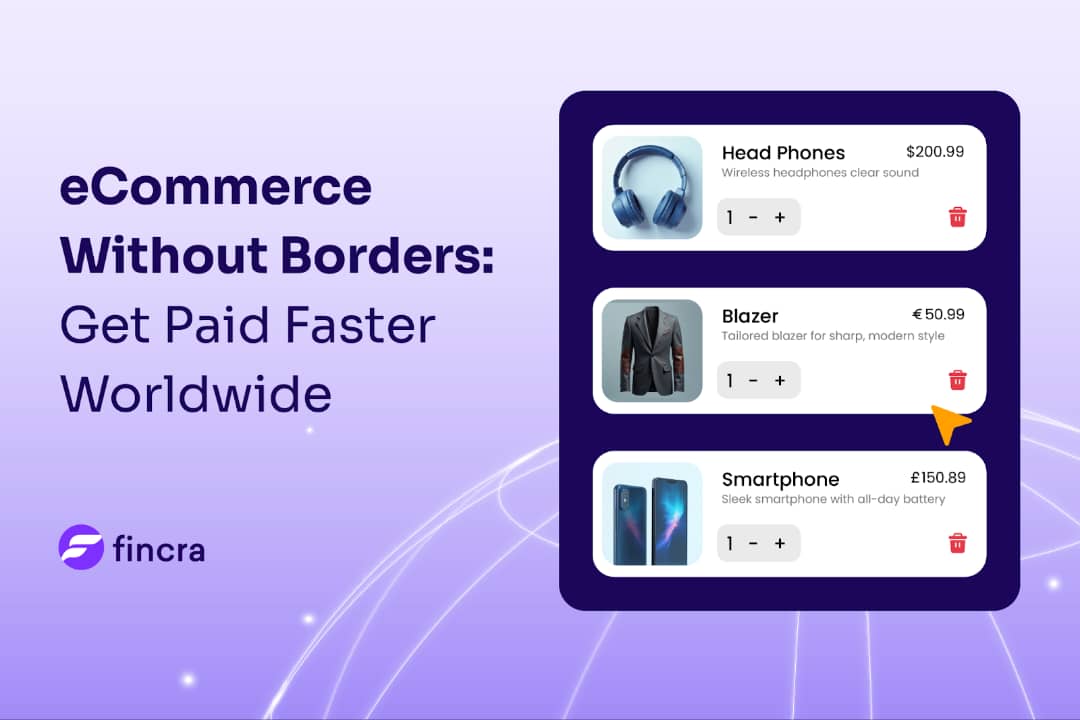
Whether you sell in Lagos or Nairobi, customers want local ways to pay. Let shoppers check out in their local currency, using cards, bank transfers, or mobile money. Set up seamless payments for your global online store with Fincra today.
Banking
Kenya’s mid-tier banks chase relevance

Family Bank, one of Kenya’s biggest mid-tier lenders, posted a 39% jump in profit after tax to KES2.2 billion ($17 million) in the first half of 2025. The growth was fuelled by a 26% rise in deposits to KES150.4 billion ($1.17 billion) and an expansion of lending, with customer loans reaching KES100.9 billion ($782 million). Its balance sheet grew nearly 22% to KES192.7 billion ($1.5 billion).
The bank’s net interest income rose to KES6.9 billion ($53.5 million), supported by government securities and lending. But expenses also grew, operating costs were up 36% to KES6.7 billion ($52 million) as the lender opened more branches and invested in digital upgrades. Provisions for loan losses nearly doubled to KES664 million ($5.1 million), even though the bank said it cut its net exposure to bad loans by 15%.
Why it matters: The results show how Kenya’s mid-tier banks are fighting for space in a market where scale gives the top three lenders, Equity, KCB, and Co-operative Bank, an edge. While Family Bank’s deposits crossed KES150 billion ($1.2 billion), Equity alone controls over KES 1.3 trillion ($10 billion), and KCB more than KES 1.5 trillion ($11.5 billion). The gap underlines how hard it is for smaller banks to match the giants’ funding power.
Family Bank’s heavy bet on small and medium-sized businesses, backed by credit lines from British International Investment and the European Investment Bank, could help it carve a niche. But it also increases exposure to borrowers squeezed by high interest rates and slow economic growth.
Zoom out: Kenya’s banking sector remains top-heavy, with a few dominant players and dozens of smaller lenders trying to stay relevant. For mid-tier banks like Family, growth often comes with higher risks like rising costs, pressure on margins, and bad loans. The bigger question is whether mid-tier lenders can find sustainable niches, or if the future belongs almost entirely to the country’s financial giants.
Paga Engine powers the boldest ideas in Africa

You’ve got customers, but do you have the right infrastructure in place? Don’t let outdated systems hold you back. Paga Engine is the fintech backbone built for businesses like yours. Read the full article.
Startups
Craydel expands to Burundi and Tanzania

Kenyan edtech startup Craydel has added Burundi and Tanzania to its footprint, bringing the total number of African markets it operates in to seven. Founded in 2021, the platform helps students apply to universities abroad through an AI-powered matchmaker tool that connects them to best-fit schools. With this move, Craydel becomes the first Kenyan education startup to establish a truly continental presence.
ICYMI: Earlier this year, Craydel expanded into Rwanda—its fourth market in under twelve months—signaling an aggressive growth strategy. The company, backed by over $2.5 million in venture funding from investors such as Enza Capital and Angaza Capital, has positioned itself as a pan-African alternative to global giants like Canada’s ApplyBoard and Australia’s IDP Education. Unlike these incumbents, Craydel is betting that local grounding and cultural proximity give it an edge in building trust with students.
Why it matters: Each year, more than 400,000 African students pursue higher education overseas, but the pathway is largely dominated by fragmented agent networks and foreign platforms. Craydel’s pitch is that it can streamline the process, offer unbiased guidance, and give learners more control. Its expansion into Burundi and Tanzania shows that the startup sees opportunity beyond the largest African economies, where demand for overseas education is rising.
Zoom out: Africa’s edtech market is estimated to be worth $30 billion annually, boosted by a young population and aspirations for global education. By scaling quickly into underserved markets, Craydel is chasing not just growth but also profitability. With more market launches on the horizon, the startup is positioning itself as a continental gatekeeper for African students seeking international opportunities.
Here’s what happened at Paystack in 2024!
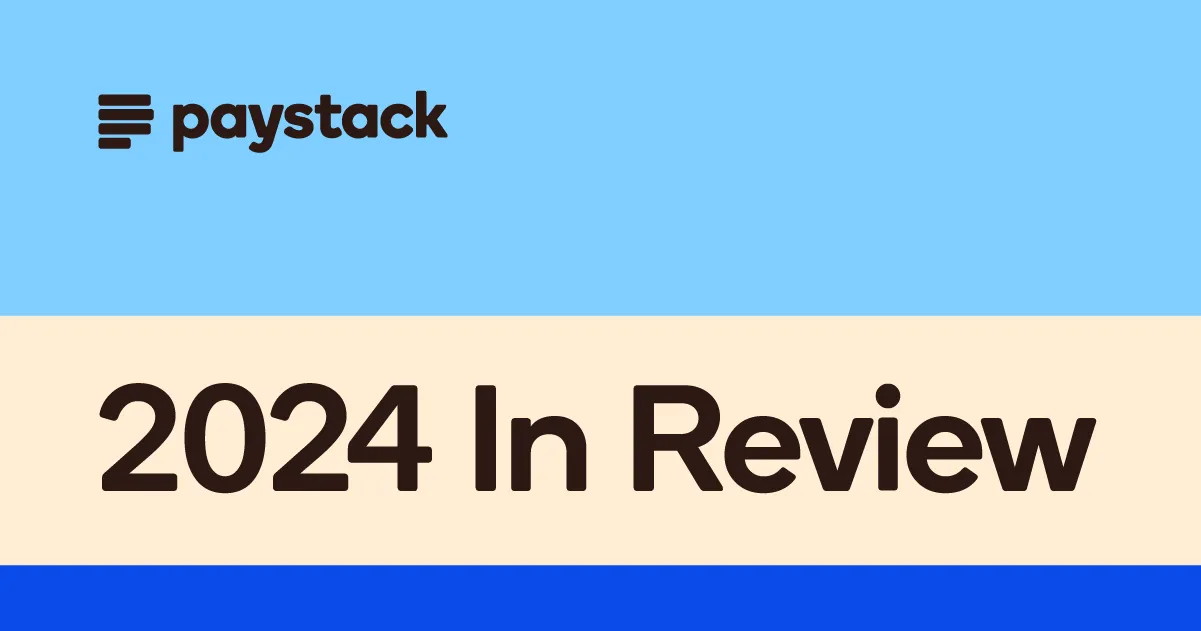
See what Paystack built last year! From major product upgrades to new ways we supported African businesses. Check out our Year in Review →
Features
Not Uber. Not Danfo. Along is somewhere in between
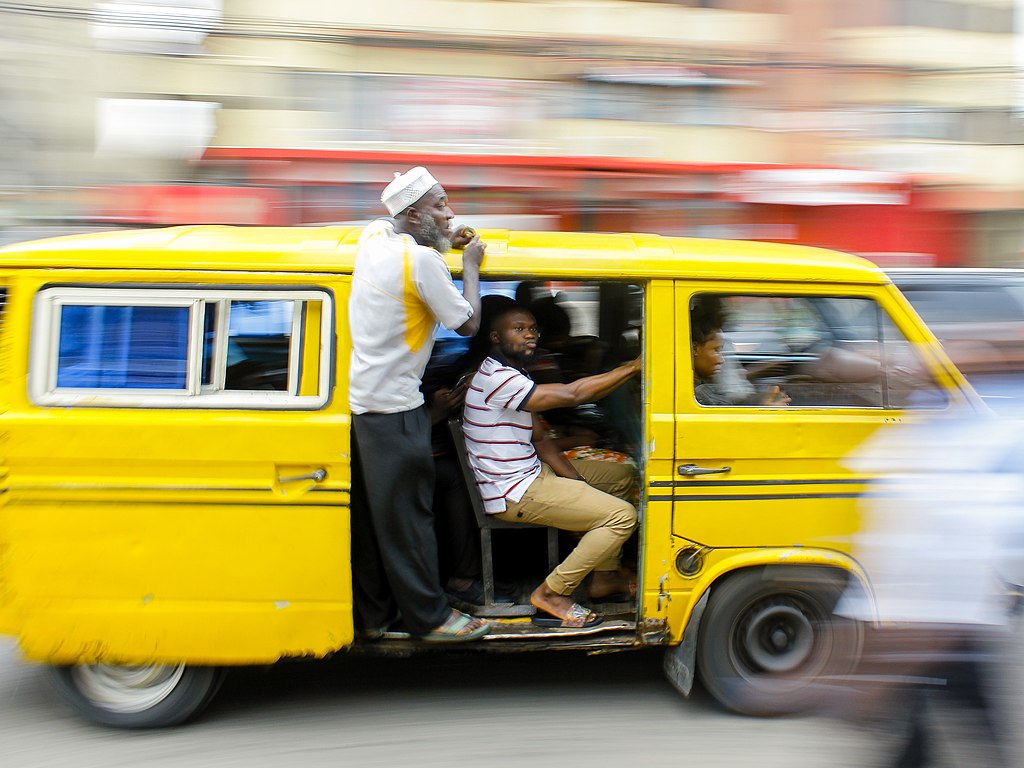
Here’s one statistic to help you start your day: over the last decade, an estimated 2,500 local ride-hailing companies have launched and closed shop in Nigeria due to a lack of network effect.
While Uber, Bolt, and Indrive have established dominance in Nigeria’s ride-hailing space, several others—hello Hytch and Gomyway—who tried to disrupt the way Nigerians move and go about their business have failed.
For the average Nigerian, affordability comes before comfort, and so ride-hailing, ride-sharing, or car-pooling options that are priced above pubic transport options are treated like a luxury.
However, one person thinks about this problem differently. Dolapo Obat, CEO of ride-sharing platform, Along, argues that ride-hailing solutions must be built around the existing habits of Nigerians. Obat is leveraging this insight for his new startup, Along.
Think of it like a digitised minibus or korope. You begin your journey at a fixed stop, booking a seat along a shared route via the app. Like danfo rides or korope transfers, you may need to hop from one vehicle to another mid-route, but this time your entire trip is digitally coordinated. Pricing is by seat, not by vehicle. You’re paying for one of four available seats, just like in offline shared transport.
Along’s key selling points are safety and affordability. It charges users similar to what they’ll get with public transport and takes a 10% commission—significantly lower than other ride-hailing companies. However, along has a mountain of hurdles to climb. From scaling its infrastructure to union enforcers or agberos to gaining significant adoption among users.
Faith Omoniyi explores all of the themes and the startup’s ambition in this Backend story.
Get loans on Oxygen X

Loans should push you forward. That's why Oxygen X has created lending designed to fuel your next goals. From your first loan, you get the best deals, rates, flexible repayment, and the right support. Try Oxygen X today, because finally, You Are Next.
CRYPTO TRACKER
The World Wide Web3
Source:

Coin Name | Current Value | Day | Month |
|---|---|---|---|
| $113,496 | - 1.52% | - 4.11% | |
| $4,160 | - 1.54% | + 10.75% | |
| $1.15 | - 8.51% | + 26.60% | |
| $180.21 | + 0.26% | - 2.84% |
* Data as of 06.20 AM WAT, August 20, 2025.
Opportunities
- MEST Africa has opened applications for its 2026 AI Startup Programme. The 12-month training and incubation programme will equip West African software developers aged 21–30 with the skills to build scalable AI startups. Selected participants will undergo seven months of hands-on training in Ghana starting January 2026, followed by a four-month incubation for the most promising teams. Applications close August 22, 2025. Apply here.
- Nithio is offering $50,000–$500,000 in flexible financing to clean energy startups in Kenya and Nigeria. Eligible companies include solar home system providers, clean cooking ventures, and businesses selling appliances like solar fridges or mills. Applications open on July 21; learn more.
- SheScales Africa – Investment Readiness Program for Female Founders: SheScales Africa is a 6-week, high-impact investment readiness program designed to help tech-enabled African female founders become truly fundable in a landscape where women-led startups receive less than 2% of VC funding in Africa. Through expert-led masterclasses, pitch deck and financial model support, targeted coaching, and an exclusive Demo Day with venture capitalists and angel investors actively deploying capital, the program equips founders with the tools, networks, and investor access they need to raise successfully. Apply here.
- Africa’s venture scene takes the spotlight at the Lagos Venture Finance Summit on September 5th, 2025. Hosted by Vencapital, the Summit gathers top LPs, GPs, policymakers, and ecosystem leaders for high-level conversations, networking, and dealmaking—a must-attend for those shaping Africa’s next wave of venture capital. Register to attend.
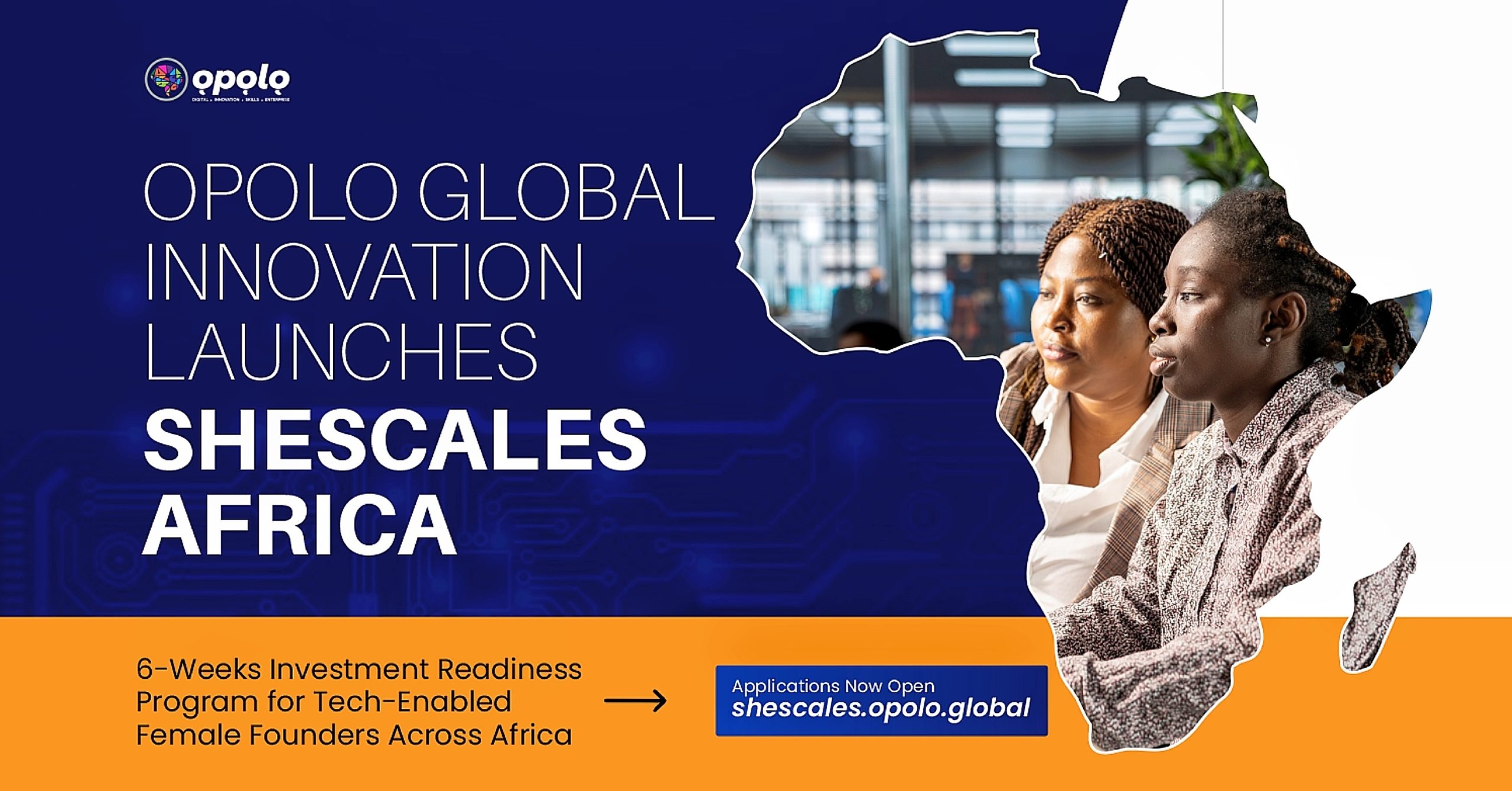

Written by: Emmanuel Nwosu, Kenn Abuya, and Faith Omoniyi
Edited by: Faith Omoniyi
Want more of TechCabal?
Sign up for our insightful newsletters on the business and economy of tech in Africa.
- The Next Wave: futuristic analysis of the business of tech in Africa.
- TC Scoops: breaking news from TechCabal
- TNW: Francophone Africa: insider insights and analysis of Francophone's tech ecosystem
P:S If you’re often missing TC Daily in your inbox, check your Promotions folder and move any edition of TC Daily from “Promotions” to your “Main” or “Primary” folder and TC Daily will always come to you.

How did you find today's edition of #TCDaily? |


